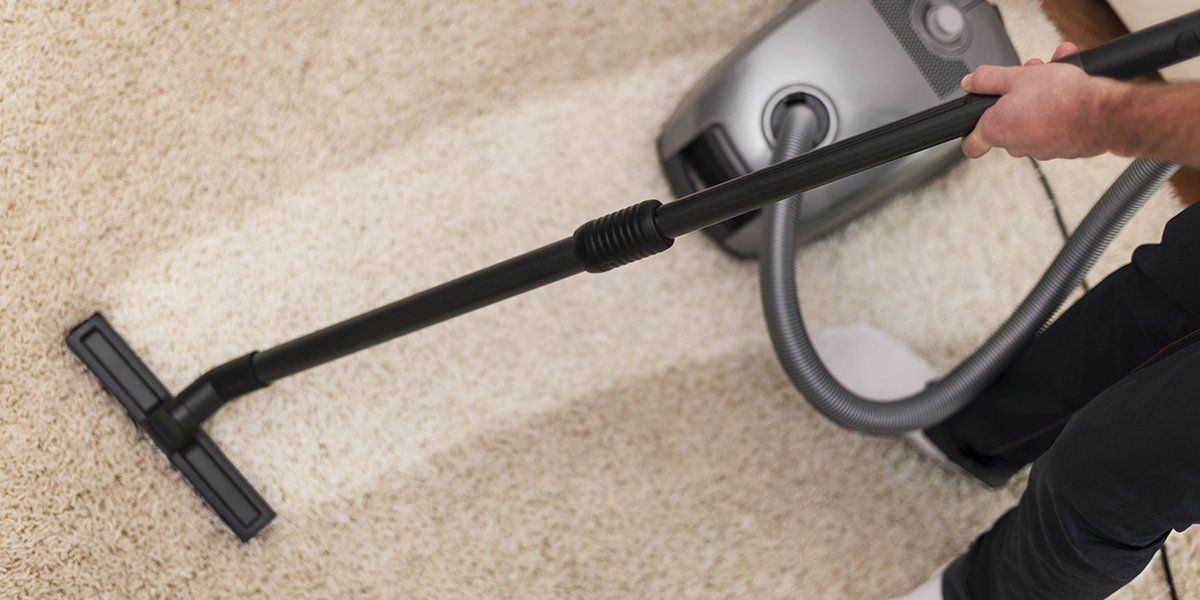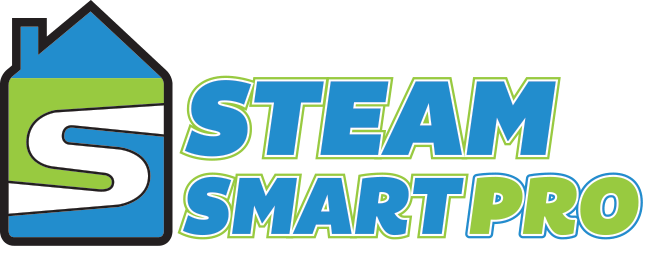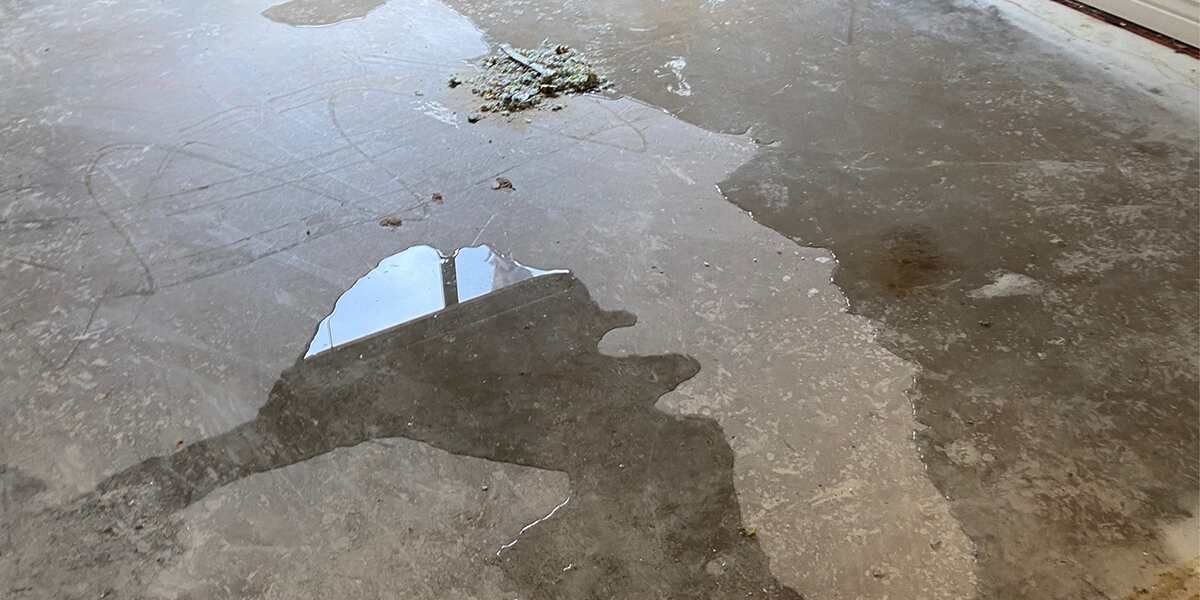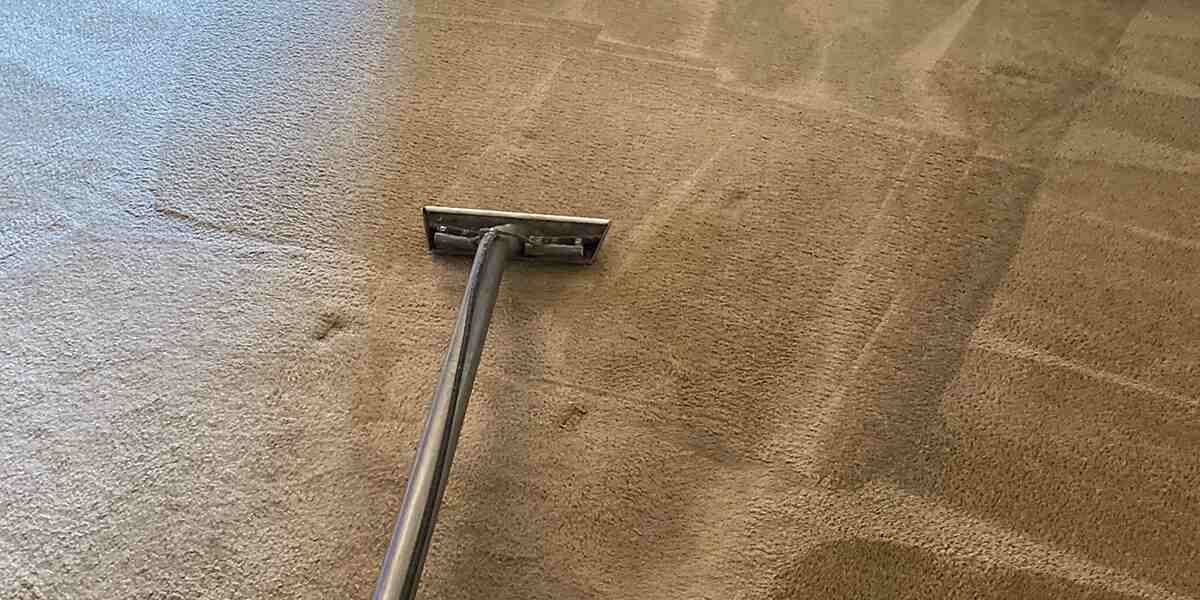Steam Smart Pro Carpet Duct & Tile Cleaning
Are Tile-Cleaning Chemicals Bad for Your Health?
Contact Steam Smart Pro at 520-346-7706 so we can deep clean your tiles with the safest products on the market!
Finding a good cleaning solution that effectively cleans your tiles can be a chore, especially when they produce uncomfortable side effects. For example, your nose, eyes, or throat might burn while cleaning. Can these tile-cleaning chemicals have long-term effects on your health?
Steam Smart Pro cleaners provide expert tile cleaning services in Tucson, AZ, and nearby cities. Because we handle different cleaning products so often, we study the effects they can have on our bodies. Here, we list five facts you need to know about professional and store-bought solutions to refresh and restore your floors.
#1. Many Cleaners Contain VOCs
Volatile organic compounds (VOCs) refer to toxic gases often found in high amounts within liquid and aerosol cleaners. They can also come from natural sources, including trees, plants, and certain kinds of earth with more radioactive compounds. However, the VOCs from natural sources come in much smaller, more manageable amounts than from cleaners.
These gases can either contribute to environmental issues or cause them directly due to their toxicity. Many household cleaners have them as well.
One of the more hazardous traits of VOCs stems from how easily they evaporate at room temperature. As such, janitors, store employees, and others who clean constantly cannot help but breathe in the chemicals. Keeping them inside their containers may not help—some VOCs can still emit into the air through the packaging.
VOCs can also react with sunlight and the ozone layer to create secondary organic aerosols (SOAs). The EPA began studying the effects of SOAs more thoroughly in 2017. They continue to evaluate their status as a source of fine particulate pollution.
#2. Short and Long-Term Health Issues Caused by VOCs
VOCs can cause many short and long-term health issues and conditions depending on the exposure amount. In the short term, many handling tile-cleaning chemicals can lead to daily living hindrances, such as:
- Nausea
- Fatigue
- Vomiting
- Dizziness
- Headaches
- Eye irritation
- Nose and throat pain
- Skin irritation and redness
Continued, sustained exposure can cause more serious issues, including chronic irritation and pain, recurring headaches, or even organ damage. In rarer circumstances, people exposed to large amounts of VOCs over a sustained period can develop certain types of cancer.
People who work with liquid and aerosol cleaners often tend to have a higher risk of developing health issues. Those who have preexisting respiratory problems, skin sensitivities, and age-related vulnerabilities can also develop these issues.
#3. Watch Out for These Labels and Chemicals
Although well-known for their cleaning capabilities, some chemicals and products produce more VOCs than others. We won’t say to dispose of these substances since many of them exist in a substantial amount of cleaning solutions. Instead, we recommend exercising caution with how you handle, store, and use them:
- Bleach: Chlorine bleach can sanitize many items, including clothes, certain floors, and cooking surfaces. However, it can react negatively and produce toxic or deadly fumes in reactions to other cleaners, like vinegar or hydrogen peroxide. Even store-bought bleach-included cleaners can produce suspected carcinogenic aerosols.
- Undisclosed Fragrances: Tile-cleaning chemicals often include fragrance to cover the smell of the neutralizing agents in the mixture. Even a supposedly unscented cleaning product often includes subtle fragrances. The scented additions are often toxic, though manufacturers may not list the specific ingredients.
- Aerosol Cleaning Solutions: Anything you add or spray into the air can potentially remain in the area for hours. Many store-bought spray cleaners for windows, tiles, or floors contain toxic VOCs. You are almost guaranteed to breathe in any cleaner that you must spray to release.
#4. Chemical Care Protocol Can Protect Your Health
Of course, many cleaners use harsh substances to remove dirt and grime from surfaces. Moreover, other household use items also contain VOCs, including products for furniture, automotive, and beauty maintenance. VOCs also occur naturally, though in much smaller amounts.
As such, you will likely have necessary household products with potentially toxic chemicals in them that can become airborne. Even so, you can follow chemical care protocol to protect your health.
The U.S. Department of Homeland Security suggests several protective practices:
- Place cleaning products in protected spaces
- Use childproofing methods to keep children and pets away
- Keep potentially hazardous chemicals in their original containers unless corroded
- Keep chemicals away from open flames
- Don't mix other cleaning solutions with bleach, especially not if it contains ammonia, vinegar, or other acidic cleaners
- Immediately cleaning up chemical spills with rags
- Disposing of chemical rags by wrapping them in newspapers and placing them in the trash
- Opening doors and windows to air out the room in which the chemical spill occurs
You may experience chemical exposure emergencies, during which you or others show signs of potential poisoning like dizziness or difficulty breathing. Call the National Poison Control Center at 800-222-1222 for professional assistance.
#5. You Can Use Low-VOC and Natural Cleaning Solutions
To help reduce the amount of chemical exposure you experience in your property, you can try low-VOC and natural, self-made mixtures. Many of the pre-mixed products don’t include bleach to prevent heightened poisoning and VOC risks. The EPA showcases these products with their Safer Choice partnership.
If you prefer homemade cleaning solutions, you can create a mixture with a water base and soap, baking soda, or vinegar. Soap works well for multi-purpose cleaners, baking soda can assist with tough stains, and vinegar cleans windows and glass well.
We Can Help Reduce Your VOC Exposure
Cleaning windows and countertops can be a breeze with homemade cleaners, but the grout between your tiles needs thorough cleansing. At Steam Smart Pro, we use industry-leading cleaning tools that are tough on pollutants but easy on your home. Our commercial-grade cleaners follow health and safety protocols while catering your service to your specific tile type.
To remove ingrained dirt from floor tiles in your home or business, call Steam Smart Pro at 520-346-7706 for a free quote today!
Our Recent Post

Request A Free Estimate
Free Estimate Form
We will get back to you as soon as possible.
Please try again later.
Contact Information
5151 N Oracle Rd Suite 203, Tucson, AZ 85704
Available 7am - 7pm, 7 days a week.
Same Day Service Available.
All Rights Reserved | Privacy Policy | Steam Smart Pro Carpet Duct & Tile Cleaning


